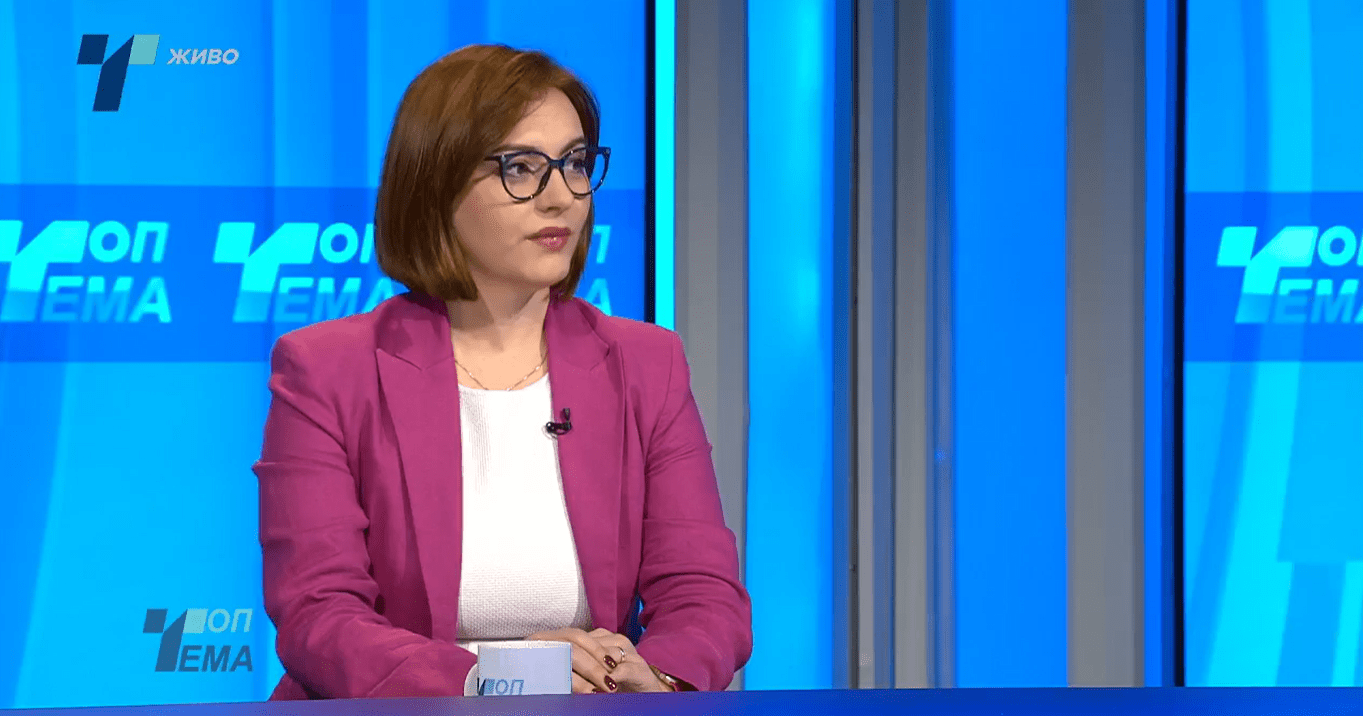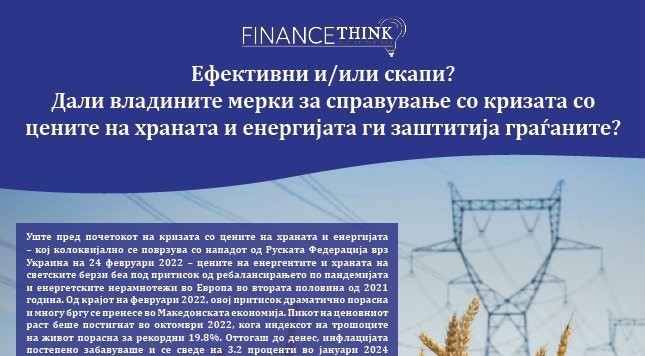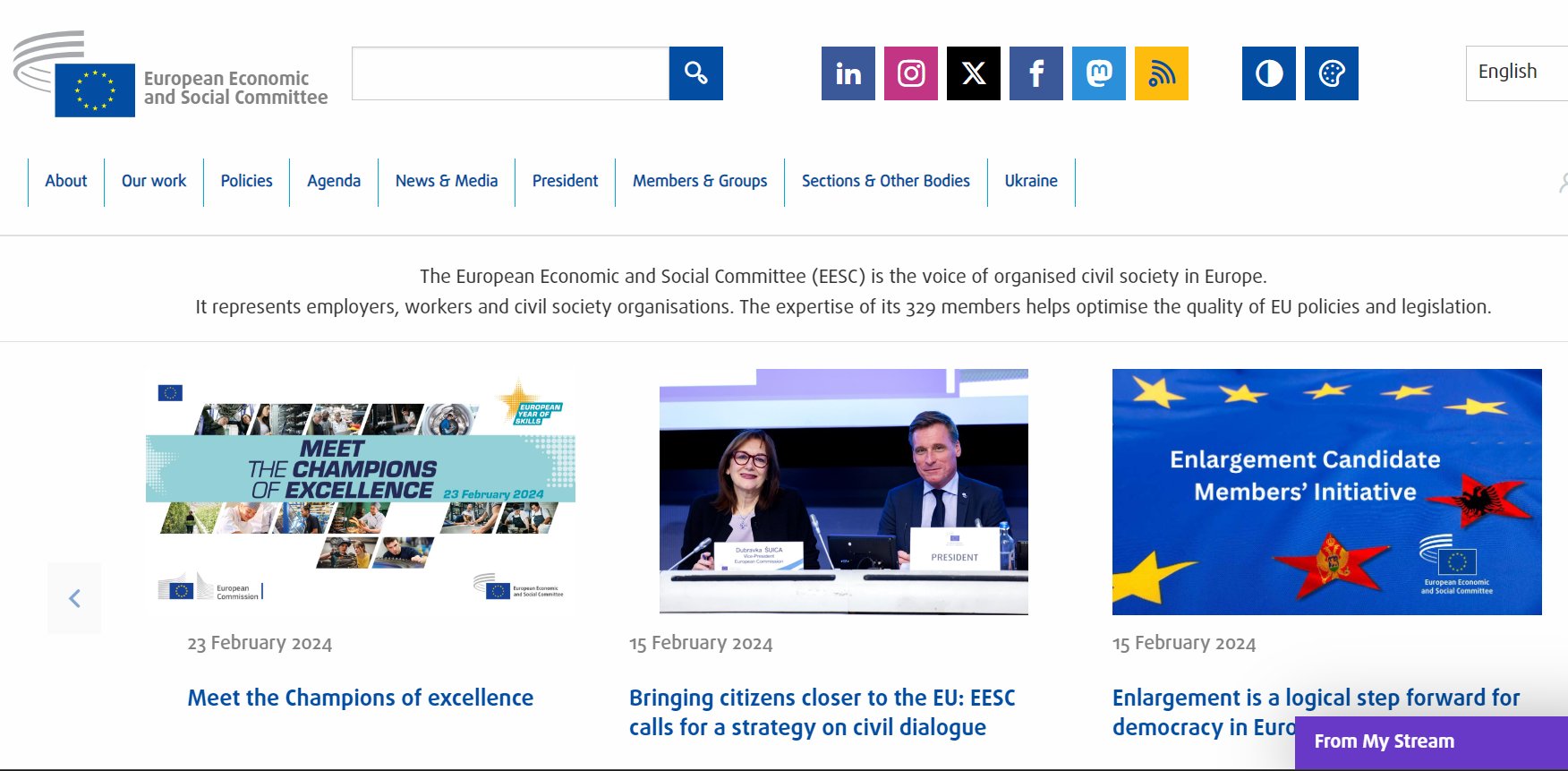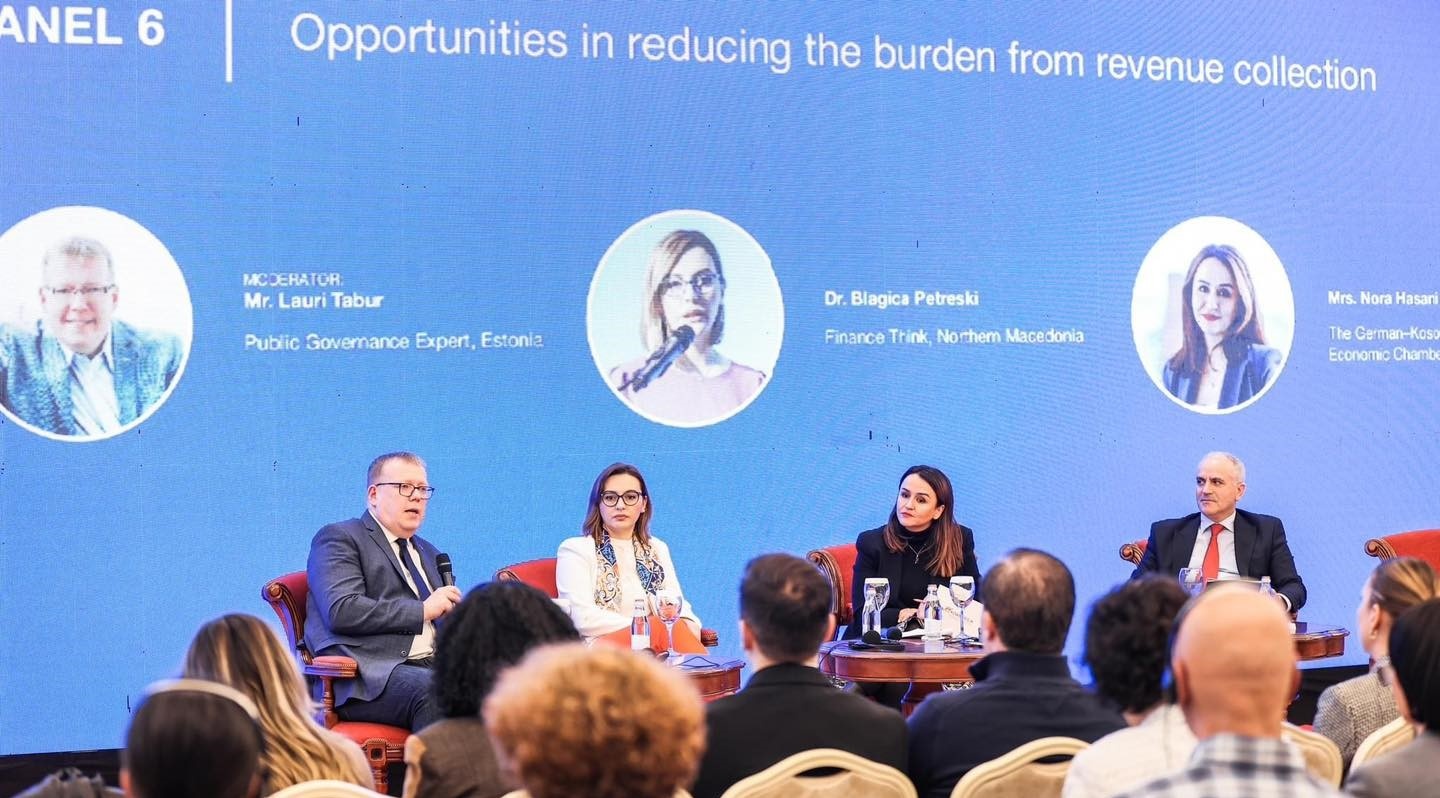📖 Our latest Brief 67 – who made the most of the government’s anti-crisis measures?
The analysis is supported by SMART Balkans.
Finance Think has become part of the European Economic and Social Committee, EESC
![]() On Thursday, the EESC officially launched its initiative to involve representatives of #civil society from EU candidate countries.
On Thursday, the EESC officially launched its initiative to involve representatives of #civil society from EU candidate countries.
![]() Finance Think is part of
Finance Think is part of ![]() selected representatives of civil society from North Macedonia, in addition to representatives of employers and workers (unions).
selected representatives of civil society from North Macedonia, in addition to representatives of employers and workers (unions).
As representatives of civil society from candidate countries, we will contribute to the process of drafting selected #opinions of the EESC and participate in relevant #study groups, section meetings and selected #plenary sessions of the EESC.
#EUCivilSociety #Enlargement #EESC #FinanceThink
Findings from our #study at a conference in Pristina
![]() The European Union and the #German Government, OECD/SIGMA and GIZ Kosovo are investing in the dialogue on the various stages of service delivery reform, with the aim of reducing administrative burdens and ensuring high-quality and easily accessible services for businesses and citizens in the #WesternBalkans.
The European Union and the #German Government, OECD/SIGMA and GIZ Kosovo are investing in the dialogue on the various stages of service delivery reform, with the aim of reducing administrative burdens and ensuring high-quality and easily accessible services for businesses and citizens in the #WesternBalkans.
#GrayEconomy #AdministrativeBurden
Photo credit: GIZ Kosovo




